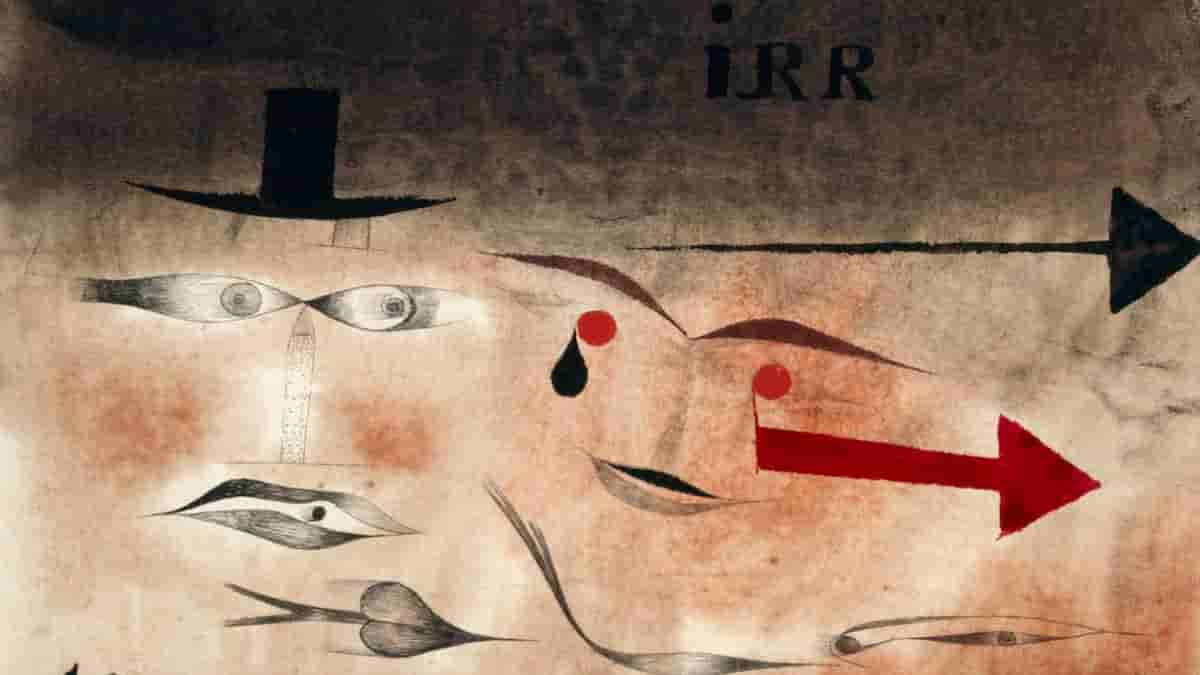Marriages and other close relationships, as well as those with loosely connected individuals, like coworkers, are known to benefit from expressions of gratitude.
Additionally, it has been shown that gratitude can mitigate the detrimental effects of materialism, making those who practice it happier with their lives overall.
Now, in a study with 68 adults, researchers from Ireland discovered that gratitude has a special stress-buffering effect on both responses to and recovery from acute psychological stress. Improved cardiovascular health may result from this effect.
Stress can alter brains, lead to false confessions, raise blood pressure and increase the risk of cardiovascular disease and coronary heart disease, so it is important to understand how we respond to stress and determine whether any unknown variables can be important for stress reduction.
Clinically Relevant Findings
Although previous research suggests that gratitude and affect balance play important stress-cushioning roles, Brian Leavy, Brenda H. O’Connell, and Deirdre O’Shea argue in their paper that little is currently known about the effects of these factors on cardiovascular recovery from acute psychological stress. That was the main goal of the study conducted by scientists from the Irish Universities of Maynooth and Limerick.
They also wanted to know if affect balance influenced the link between gratitude and the cardiovascular effects of acute psychological stress.
68 undergraduate students, aged between 18 and 57, from the Irish University of Maynooth participated in the study (24 men and 44 women).
In order to measure how the participants’ cardiovascular systems responded to stress, this study used a within-subjects experimental design with lab tasks. Participants were exposed to stress before having their responses to it measured.
The results showed that a state of gratitude predicted lower responses in systolic blood pressure during the stress-testing period. This shows that a state of gratitude has a special stress-buffering effect on both responses to and recovery from acute psychological stress. Additionally, it was discovered that the impact of state gratitude is amplified by affect balance.
These findings are clinically relevant because a number of low-cost gratitude interventions can improve wellbeing. For instance, earlier studies have demonstrated that cardiac patients who keep gratitude journals fare better than those who do not.
Combined with the findings of this study and previous research, gratitude may represent a useful point of intervention for improving our cardiovascular health.
Reference:
- Brian Leavy, Brenda H. O’Connell, Deirdre O’Shea. Gratitude, affect balance, and stress buffering: A growth curve examination of cardiovascular responses to a laboratory stress task. International Journal of Psychophysiology, Volume 183, 2023, Pages 103-116, ISSN 0167-8760,
Last Updated on October 13, 2023
